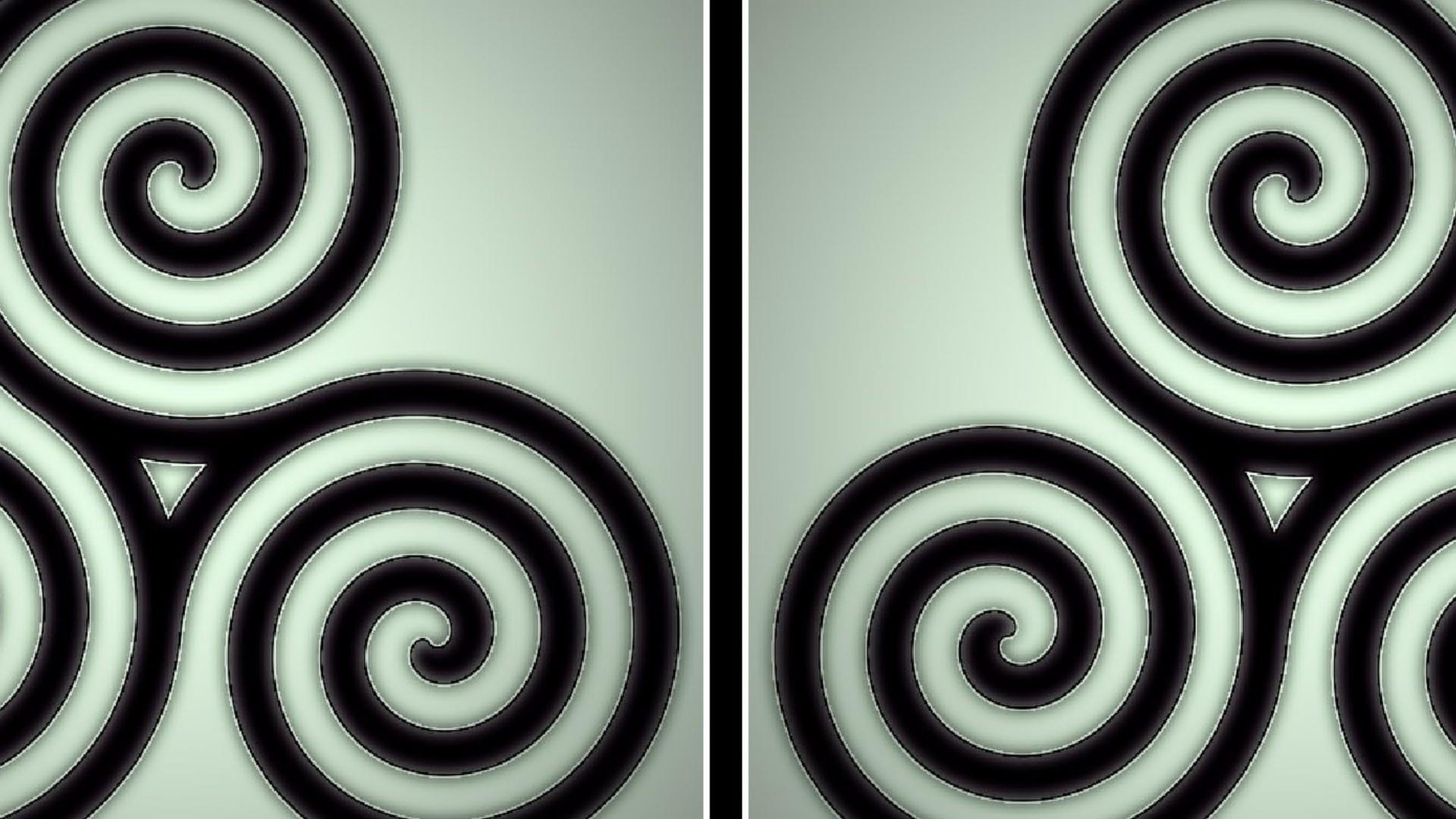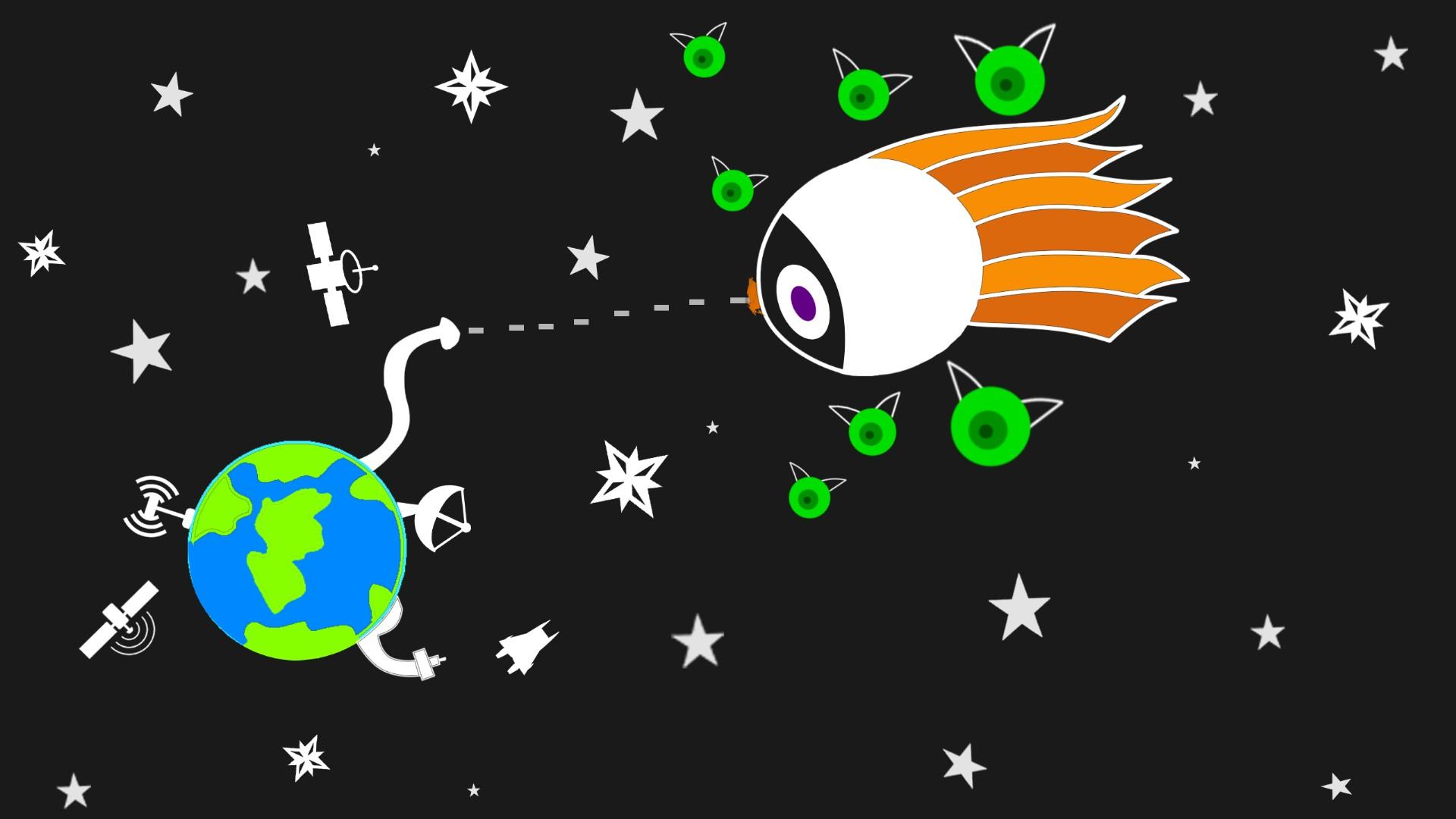
The Mount Everest of Music: Which Instrument is the Hardest to Play?
While there’s no definitive, scientific answer, a few instruments are consistently named by professional musicians as the ultimate challenge. The top contenders for the "hardest instrument to play" title are generally the violin, the French horn, the oboe, and the pipe organ, each for its own unique and formidable set of difficulties. Ultimately, however, the hardest instrument is a subjective matter that depends entirely on an individual's natural skills and patience.
It's a Thursday morning here in Bali, and from a distance, I can hear the gentle, shimmering, and incredibly complex rhythms of a gamelan ensemble starting to practice. Listening to the interlocking melodies, it’s impossible not to be awed by the incredible skill and coordination required to make that music happen. It gets you thinking about the years of dedication it takes to master an instrument.
This inevitably leads to the age-old debate that echoes in music school hallways, online forums, and orchestra pits everywhere: what is the absolute hardest instrument to play?
Is it the one that demands the most physical strength? The one that requires a perfect ear? Or the one that makes you coordinate all your limbs at once? The truth is, "difficulty" isn't a single measure. So before we crown a winner, let's break down what makes an instrument truly challenging.
What Makes an Instrument "Hard," Anyway?
The difficulty of an instrument can be broken down into a few key areas. Most of the top contenders are challenging in more than one of these categories.
-
Physical Difficulty: This is the sheer brute force, stamina, or intricate muscle control required. Think of the lung power needed for the bagpipes or the specific lip strength (embouchure) for brass instruments.
-
Intonation Difficulty: This is the challenge of simply playing in tune. On a piano, you press a key, and the correct note comes out. On many other instruments, you have to create the pitch with your body, and being off by a single millimeter can make a beautiful note sound like a screeching cat.
-
Technical Difficulty: This refers to the mechanical complexity of playing the instrument. It’s about coordinating your fingers, hands, feet, and breath all at once to navigate complex passages of music.
-
The "Tonal" Difficulty: This is the "easy to learn, hard to master" factor. Some instruments are easy to make a basic sound on, but producing a consistently beautiful, rich, and expressive tone is a lifelong quest.
The Top Contenders for the "Hardest Instrument" Title
With those categories in mind, let's look at the instruments that consistently make musicians break out in a cold sweat.
1. The Violin (and the Fretless String Family) 🎻
If there's one instrument that's famous for being unforgiving to beginners, it's the violin. The primary reason? Intonation. Unlike a guitar, the violin's fingerboard has no frets. To play a note in tune, your finger must press down on the string at the exact perfect spot. Being off by even a millimeter will result in a note that is painfully sharp or flat. Now, imagine trying to do that accurately during a fast-paced, complex musical passage.
Other Hurdles: Beyond intonation, there's the incredibly nuanced art of bowing. The pressure, speed, and angle of the bow determine the volume, tone, and character of every single note. It's the difference between a soaring, beautiful melody and a sound that could strip paint. Add in the slightly awkward posture required to hold the instrument, and you have a recipe for one of the steepest learning curves in music.
2. The French Horn (The Brass Beast) 📯
Talk to any brass player, and they'll tell you the French horn is a different kind of beast. While all brass instruments are challenging, the French horn is notorious for one thing: accuracy. The notes in the horn's upper register are packed incredibly close together in the harmonic series. This means that a minuscule, almost imperceptible change in your lip tension or airflow can cause you to hit a completely different note than the one you intended. "Clamming," or cracking a note, is a constant fear for horn players.
Other Hurdles: It’s an incredibly physically demanding instrument, requiring phenomenal breath control. To make matters even more complicated, the player's right hand is placed inside the bell of the horn, where it is used to subtly alter the pitch and tone of the notes. This means you're controlling the sound with your breath, your lips, and your hand simultaneously.
3. The Oboe (The Finicky Reed) 🪵
The oboe is a beautiful, pastoral-sounding woodwind instrument with a reputation for being exceptionally difficult. The challenge can be summed up in two words: the reed. An oboe uses a double reed, which is two tiny, precisely shaped pieces of cane tied together. This little contraption is incredibly resistant and notoriously fickle.
Other Hurdles: Just producing a stable, controlled, and pleasant sound is a monumental achievement for a beginner. The reed creates so much air pressure back-up that oboists often joke they have too much air when they play. Beyond that, serious oboists don't just play their instrument; they have to become master craftspeople, learning the painstaking and maddeningly precise art of carving and adjusting their own reeds.
4. The Pipe Organ (The Full-Body Workout) 🎹
While the piano is already a complex instrument, the pipe organ takes it to a whole other level. It is the undisputed king of multitasking.
The Challenge: The organ demands complete independence of all four limbs. The player must coordinate:
-
Two hands playing on multiple keyboards (called manuals).
-
Two feet playing a full keyboard of bass notes on the pedalboard.
Playing a complex piece on the organ is like being a one-person orchestra. You are playing the melody, the harmony, and the bass line all at the same time. Add in the need to manage the "stops" (which change the tonal quality of the instrument), and you have a challenge of coordination that is unlike any other.
The Bottom Line: The Hardest Instrument is the One You Don't Practice
So, which one is it? Is it the violin? The French horn? The truth is, there's no correct answer. The "hardest" instrument is deeply personal. A person with a naturally great ear might take to the violin but struggle with the physical demands of the French horn. A drummer with incredible limb independence might find the organ intuitive but struggle with the breath control of the oboe.
The real takeaway is that every single instrument is hard to play well. There are no shortcuts to mastery. Every accomplished musician you've ever heard has dedicated thousands upon thousands of hours to their craft.
Don't choose an instrument because you think it will be "easy." Choose the instrument whose sound you fall in love with. Choose the one that makes you want to create. Because at the end of the day, a deep-seated passion for the music is the only thing that will power you through the tough, frustrating, and ultimately rewarding journey to becoming a musician.









